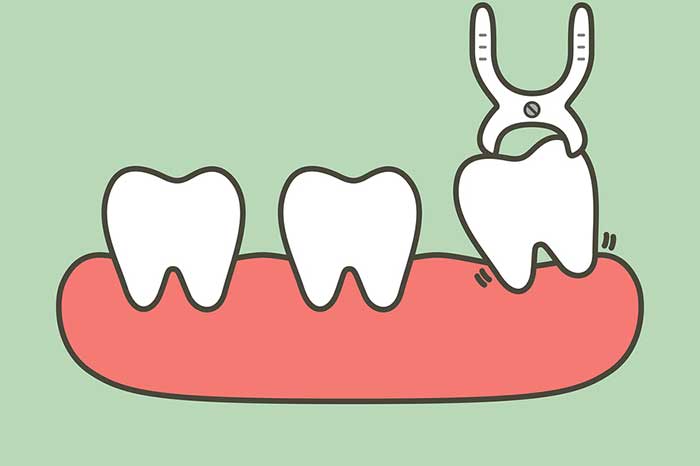How Long Should I Wait to Eat After Wisdom Teeth Extraction?

If you have an upcoming appointment for wisdom teeth extraction, you likely have questions about the healing process after your procedure. One thing your oral surgeon will want you to consider is what you eat the days following surgery. You will need to adopt a liquid diet of items such as soups and smoothies the first few days after your procedure to avoid irritating surgical sites. With time, you can introduce more substantial foods back into your diet as recommended by our surgeon.
Since removing wisdom teeth involves oral surgery, there are post-operative instructions you should follow to enjoy an optimal recovery. Our practice will send you home with a packet after your appointment. This packet will contain information on controlling discomfort, temporary dietary restrictions, and how to prevent the development of dry socket.
The following are some answers to common questions about wisdom teeth removal.
How Can I Manage Post-Operative Discomfort?
Any type of oral surgery, including the extraction of wisdom teeth, produces some discomfort and swelling. Fortunately, patients can take a proactive approach to manage discomfort after their procedures.
First, it’s important to take a prescription and over the counter medication exactly as recommended by our surgeon. Waiting too long between doses of medication, for instance, could exacerbate discomfort.
Managing discomfort includes controlling swelling. Using cold compresses to the outside of your face and jaw the day of and the day after your procedure can help reduce the onset of post-operative swelling.
What Is a Dry Socket and How Is It Prevented?
After wisdom teeth are removed, a blood clot will form over the empty tooth socket. This blood clot is an essential part of the healing process. If this clot becomes disturbed, patients can develop a dry socket. Beyond being uncomfortable, developing a dry socket can affect healing after surgery. Be sure not to touch the extraction site(s) with your fingertips and tongue or eat food with sharp edges.
If you develop a dry socket, call our practice. We may need to see you again to reopen surgical sites so that a new clot can form.
If you have questions about wisdom teeth removal and recovery, call Stonebriar Facial & Oral Surgery to speak with a member of our team.
